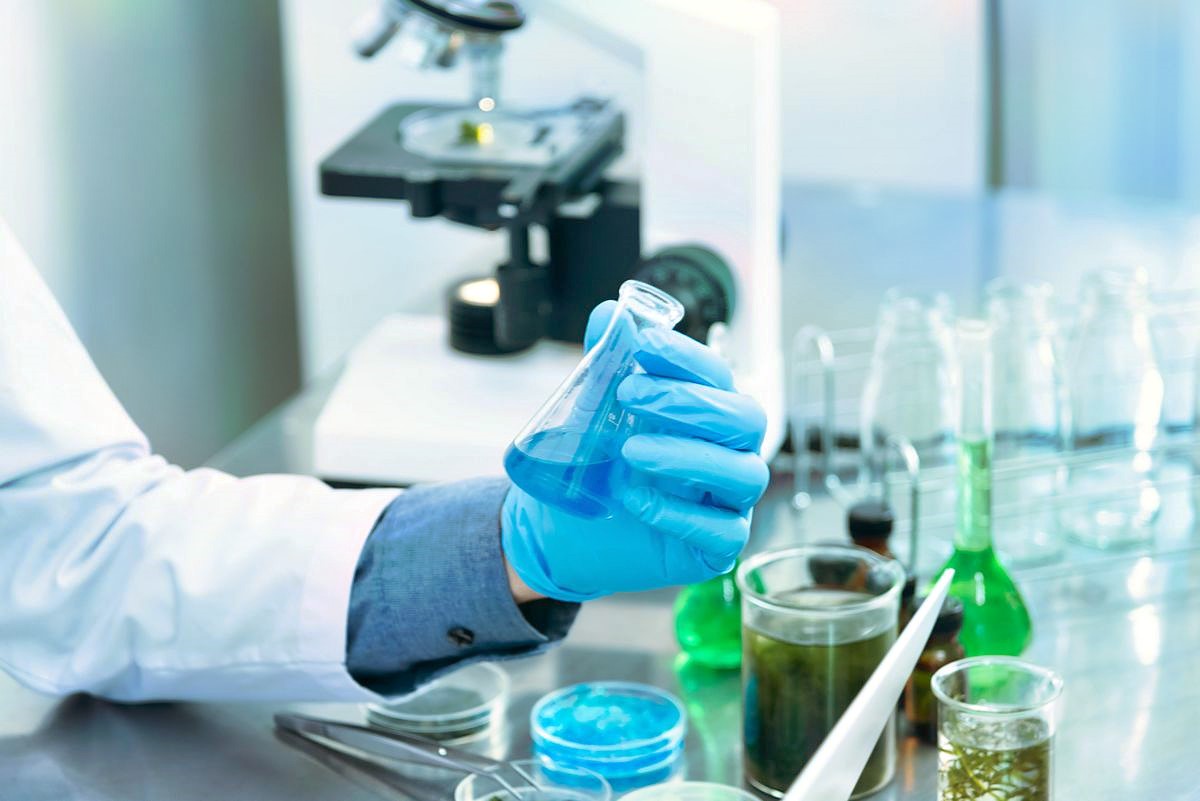🧐 The Contamination Theory of Obesity
According to a 2020 paper by Ethan and Sarah Ludwin Perry, the obesity epidemic might have an unexpected root cause – persistent exposure to environmental chemicals and endocrine disruptors. 🤯 While theories about sugar consumption, overcalories, and lack of exercise have their shortcomings, this “contamination theory” proposes an alternative hypothesis worth exploring.
💉 The Vicious Cycle of Pollution and Fat Storage
Many environmental pollutants, such as phthalates, PCBs, perfluorocompounds, and organochlorine compounds, are fat-soluble. 🥤 As the saying goes, “the solution for pollution is dilution.” To dilute these toxic compounds, our bodies may increase fat reservoirs to store them away from vital organs. 🛡️ Ironically, this coping mechanism could lead to weight gain and higher body fat percentages.
Studies have shown that individuals with higher levels of these pollutants in their urine tend to have higher body mass indexes and body fat percentages compared to leaner counterparts. 📈 It’s a troubling correlation that lends credence to the contamination theory.
🍽️ Hidden Sources of Obesogen Exposure
Our modern lifestyles inadvertently expose us to a wide range of obesogens:
- 📦 Food packaging: Microplastics, Teflon, and other chemicals leach into our foods from disposable cups, wrappers, and containers. A single espresso from a cafe could contain a staggering 75 trillion microplastic particles!
- 🏡 Household items: Furniture, cosmetics, and even children’s toys can contain flame retardants, phthalates, and other endocrine disruptors that off-gas and contaminate indoor air.
- 😷 Disposable masks: The microplastics in these masks break down and are inhaled, entering our bodies with every breath.
- 💳 Grocery store receipts: Bisphenol A and phthalates from receipts can be absorbed through the skin, especially after using hand sanitizers, which can increase dermal absorption.
🌱 Minimizing Obesogen Exposure: Tips and Tricks
To reduce your exposure to these harmful chemicals, consider the following strategies:
- 🥗 Eat whole, unpackaged foods as much as possible, and avoid fast food wrapped in microplastic and Teflon.
- 💧 Drink filtered water and avoid plastic bottles.
- 🏡 Open windows regularly to improve indoor air circulation and ventilate any off-gassing from furniture or household items.
- 🧼 Wash new clothes before wearing them to remove residual chemicals from manufacturing processes.
- 🌿 Use natural, chemical-free cosmetics and personal care products without phthalates, parabens, or synthetic fragrances.
🧘♀️ Detoxifying Obesogens
Even with precautions, some exposure is inevitable in our modern world. To support your body’s detoxification processes:
- 💦 Sweat it out through exercise, saunas, or hot yoga to excrete stored compounds. Sweat has been found to contain cadmium, arsenic, atrazine, mercury, lead, and other heavy metals your body is trying to eliminate.
- 🚽 Ensure regular bowel movements to prevent enterohepatic recirculation of toxins, where compounds can be reabsorbed instead of excreted.
- 💊 Supplement with N-acetylcysteine (NAC), glycine, and taurine to boost glutathione production – your body’s master antioxidant and detoxifier.
🔬 The Endocrine Disruption Dilemma
Unlike natural hormones like testosterone or estrogen, endocrine-disrupting chemicals don’t follow linear pharmacokinetics. 🧪 They’re not bound to binding globulins or albumin, meaning even tiny amounts can bind to hormone receptors and wreak havoc, stimulating adipogenesis (fat cell formation) and other health issues.
This ability to disrupt delicate hormonal balances at minuscule levels makes obesogens particularly insidious. 😨 It’s a stark reminder of the importance of minimizing exposure and supporting our body’s detoxification pathways.
🌳 A Greener, Leaner Future
As the prevalence of plastics and synthetic chemicals continues to rise, we must remain vigilant about their potential impacts on our health and weight. 🌎 By making conscious choices to reduce our exposure and bolster our detoxification capabilities, we can take a stand against obesogens and reclaim control over our well-being.
Remember, our exposure to obesogens is a modern-day reality, but awareness and proactive steps can help minimize their impact on our health and weight. 💪 Together, we can create a greener, leaner future for ourselves and generations to come. 🌱
Copyright © 2025 Hea1th.net

